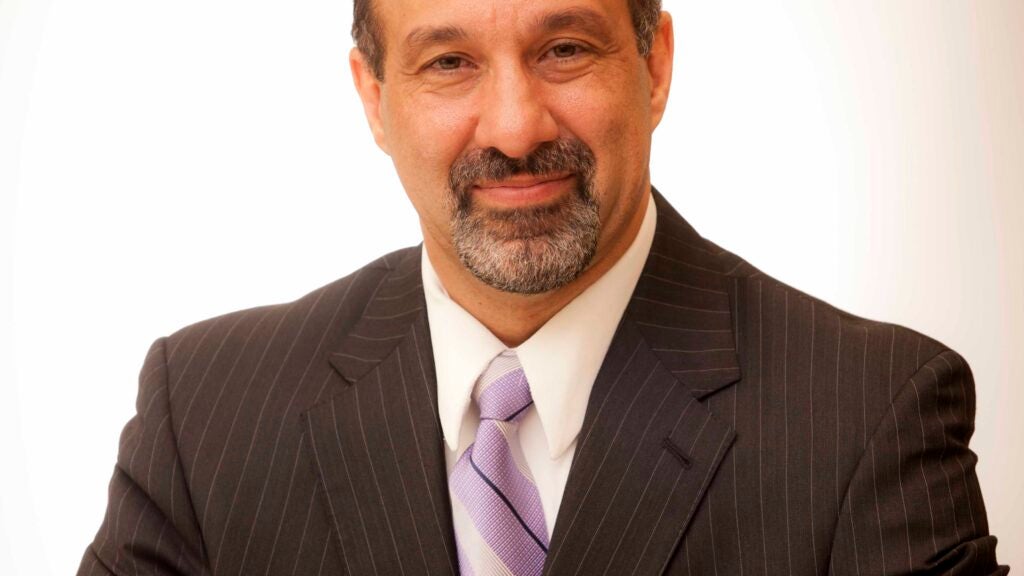Kamrava on the “Temporary Alliance of Saudi Arabia, Egypt and Turkey”

Mehran KamravaProfessor of Political Science; Georgetown University
During past days, the Saudi king embarked on a regional tour of Egypt and Turkey, which some analysts believe may lead to formation of a new alliance among these three countries.
However, the latest visits to these countries by King Salman and, generally speaking, relations among Saudi Arabia, Egypt and Turkey cannot be seen within framework of a new triangular axis in the Middle East. At present, Egypt is grappling with great problems, which range from political, economic and social problems to security ones. The Egyptian President Abdel Fattah el-Sisi is currently in deep waters not only from the viewpoint of domestic issues, but from a diplomatic standpoint as well.
The domestic and foreign credibility of his government is under serious question right now, especially among European countries. Egypt needs partners that would be able to help this country under the present circumstances. During two years that he has been in power, Sisi has made a great effort to buy himself domestic credit by launching major infrastructure projects. Implementing big economic and development projects such as the establishment of an economic zone in the area of the Suez Canal has been one of the major steps taken by the government of Egypt during this period.
Plans have been also put forth to shift the country’s capital city while the current capital, Cairo, is rapidly sprawling. To implement this projects, Egyptians are in dire need of financial resources from other countries. Out of all world countries who are willing to make investment in Egypt, China and Saudi Arabia are the sole states that have actually brought their money to this country and have been providing Sisi’s government with financial aid without challenging the government of Sisi over political and human rights issues. Therefore, the improvement in Saudi Arabia’s relations with Egypt should be analyzed within this framework as a temporary alliance and such an alliance, therefore, cannot be considered as a new dimension in strategic architecture of the Middle East.
Conditions are different about Turkey. Regardless of whether this claim is right or wrong, Turkey considers itself as a regional superpower. Even on global level, this country considers itself as a major and effective power. Turkey and Saudi Arabia cannot be considered as regional allies because, at present, only a small part of their foreign policy strategy toward the Middle East has been along the same line. Of course, the strategy adopted by these two countries with regard to Syria is somehow similar and coordinated.
Both countries believe that Syria’s President Bashar Assad should relinquish power and instead of his government, an Islamist state with special characteristics that they define for it, must come to power in Syria. It seems that strategic relations between Turkey and Saudi Arabia under the present circumstance will never go beyond the war in Syria and the political future outlook of the incumbent Syrian government. Other than these cases, the political thinking and attitude of these two countries in foreign and regional policies are quite different.
Following the conclusion of Iran’s nuclear deal with big powers, known as the Joint Comprehensive Plan of Action (JCPOA), and after implementation of the JCPOA started, Iran’s relations with world countries, especially with the member states of the European Union, have improved. At the same time, we have seen reduction of tensions in relations between Tehran and Washington. Such conditions have stirred great concerns in Saudi Arabia. Therefore, this country has been trying to establish closer and more cordial relations with those countries it thinks are of the same importance and at the same level as Riyadh in the region. Let’s not forget that Iran must also keep the relationship it has with Turkey and other regional countries warm and cordial in favor of its own national interests. Our commonalities with Turkey are much more than the common grounds between Turkey and Saudi Arabia and it seems that relations between Turkey and Saudi Arabia will never become more profound than what we see under the present circumstances.
American media have reported that the White House and the country’s intelligence officials have decided to declassify 28 deleted pages of the report on September 11, 2001 terror attacks. Some say that these pages reveal the connection that existed between Saudi Arabia and hijackers on September 11. These documents have been kept classified for 13 years and now, they are going to be declassified on the verge of the US President Barack Obama’s visit to Saudi Arabia. One of the senators preparing this report has noted that these documents show that during their presence in the United States and getting ready for the 9/11 attacks, hijackers have been supported by Saudi Arabia.